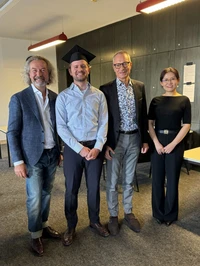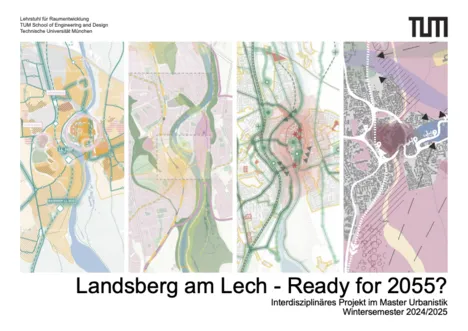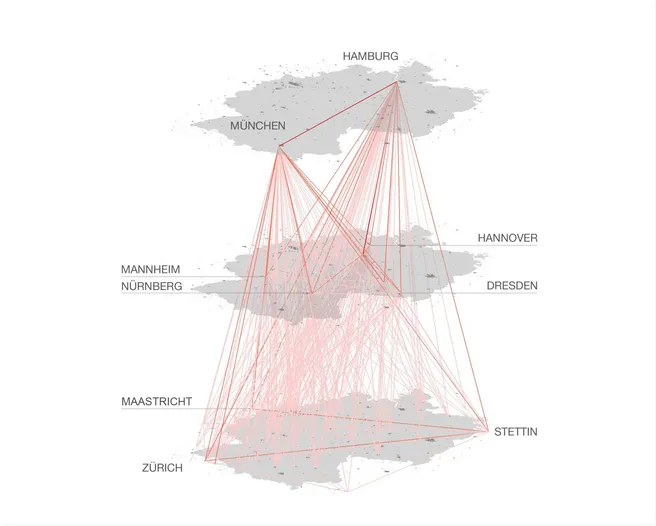Topic: The project examines the evolution of the functional urban hierarchy given by intra firm networks of the knowledge economy with a particular focus on the financial and economic crisis in 2008 and 2009. Several factors play a crucial role in the adjustment processes of cities and regions. Since the 1990s the knowledge economy is gaining importance and is now diversifying rapidly anew. New technologies and tools like data analytics spur digital transformation, automatization as well as industrialization of almost all services industries. Therewith, firms reorganize their localized value chains continuously in order to exploit agglomeration and network advantages. The main questions is how large-scale network structures and functional-urban hierarchies of the knowledge economy in Germany change over time. The assessment starts with the hypothesis that the crisis functions as a catalyst of structural changes. This induces spatial re-organization of value creation and knowledge creation. The research project takes place in cooperation with the Lucerne University of Applied Sciences.
Researchers at the Chair of Urban Development: Alain Thierstein, Mathias Heidinger, Christiane Müller, Fabian Wenner
Principal: German Research Foundation (DFG) and Swiss National Fund (SNF)


